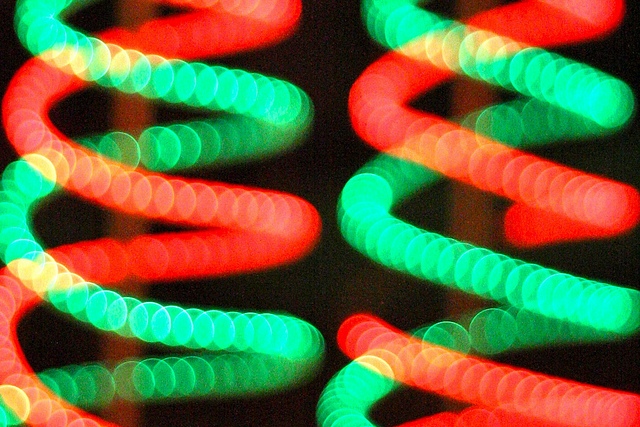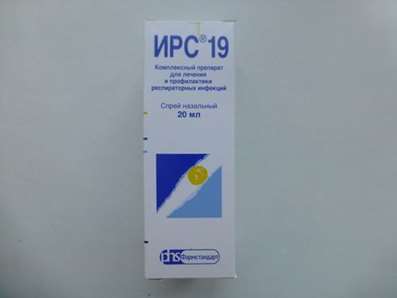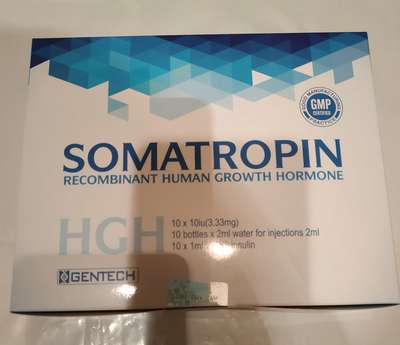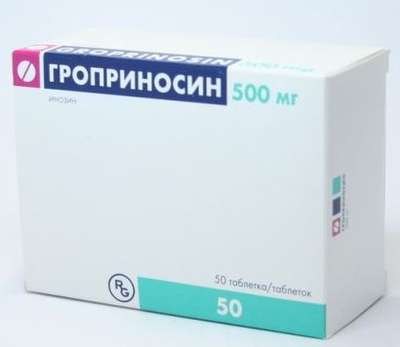The process of DNA duplication can be adjusted and the elongation stage
23 Nov 2016
Dividing each cell is preceded by a doubling of the number of chromosomes. The basis of the chromosome molecules of deoxyribonucleic acid (DNA), which should be doubled (replicated). Timeliness, accuracy and completeness of DNA replication in the cell are under special control.

Doubling of DNA involved in a specialized multi-protein complex replisome (replisome). The process of DNA replication begins at specific regions of chromosomes - origin of replication (origins of replication). Then on the so-called elongation step from an origin of each moving in opposite directions two replisome. Replisome moving from two neighboring origin towards each other, fully double the corresponding DNA fragment. However, not all replicons (areas between two points of origin of replication) are doubled simultaneously. The difference in replication time due, at least two reasons. Firstly, origins of replication are located in the genome is uneven. As a result, more time is needed to double the longer replicon. Secondly, not all origins of replication start working at the same time. Usually, a DNA sequence is replicated first active genes, and then the remaining sequence. The process beginning at the origin of replication is well understood, and it was assumed that a doubling of the DNA is regulated mainly at this stage.
Typically, the cell cycle is a DNA replication, chromosome segregation and cell division itself. In some tissues, such as liver and chromosome doubling, but due to lack of cell division are formed with an increased number of chromosomes (polyploid cells). Some specialized tissues of Diptera insects disturbed also divergence of duplicated chromosomes apart. Thus, after several cycles of DNA doubling formed giant polytene chromosomes, which due to their large size are very convenient object for different studies, including DNA replication.
Cyanocobalamin injection - is helpful with making DNA.
It has long been known that certain DNA fragments in Drosophila polytene chromosomes are presented much smaller number of copies from the fact that their replication process broken. These so-called "under-replicated" chromosomal areas have increased fragility. At the end of the last century, the staff of our institute to identify the factors responsible for this phenomenon. They found a protein SUUR (Suppressor of UnderReplication). A little later it was shown that under-replicated areas often lack an origin of replication, therefore doubling depends entirely on replisom coming from outside. Exactly how the protein SUUR violates the DNA replication process was unclear. It was assumed that this protein can perform the barrier function in the border areas underreplication greatly slowing or even stopping the promotion replisom.
In this paper, we, together with colleagues from the Erasmus Medical Centre (the Netherlands) and the Massachusetts Institute of Technology (USA) revealed that protein SUUR affects DNA replication completely unexpected way. Instead localized in certain areas of the chromosomes and block replisom advancement therethrough, the protein moves along with replisome and thus brakes it. We have found that SUUR interacts with one of the proteins involved in DNA double helix unwound - a process that is carried replisome components and immediately precedes the synthesis of child chains. Available data indicate that the inhibitory activity of the protein SUUR modulated characteristic combinations of proteins packaging DNA and gene activity controls.
What is required of such an additional mechanism for the regulation of DNA replication process, it is still unclear. Now, however, it becomes clear how fragile sites appear polytene chromosomes in Drosophila. It should be noted that human chromosomes are also sites that under moderate stress replicative DNA double chains may not completely. As a result, this leads to chromosomal rearrangements and may cause developmental abnormalities, mental retardation and various cancers. It can be assumed that the cause of these fragile sites of chromosomes lies in the violation of the DNA replication process is in the elongation stage.

 Cart
Cart





